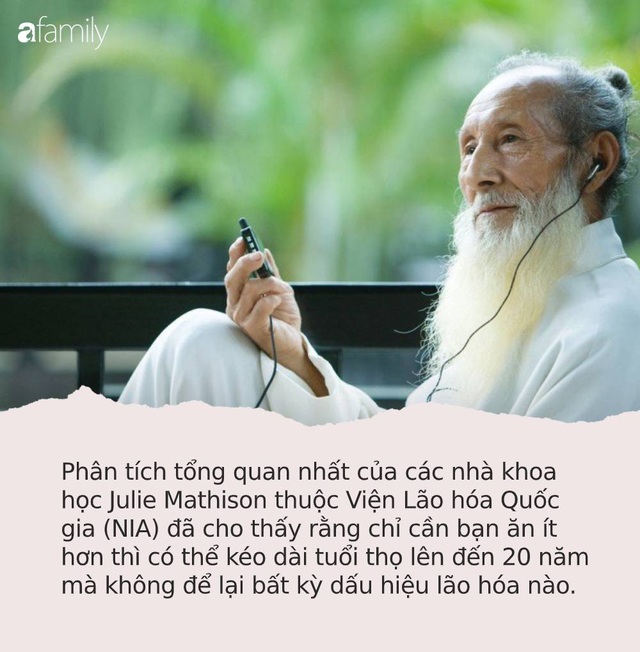
In our busy, fast-paced lives, keeping track of and managing “issues” can become a full-time job. It can occupy the majority of your thought processes while depleting valuable energy that you could be using to truly make a difference.
Here’s how it happens:
Causes and contributions
To be a good citizen and contribute to society, you begin to take on issues and causes. Your first concerns might be related to political, environmental, and economic issues. Then you move into issues related to human behavior and how people should treat each other. Sounds responsible and politically correct so far, doesn’t it? Sure, but it doesn’t end there. You then begin to take on the issues of which color your neighbors should paint their house, the appropriate length of a total stranger’s hemline, and whether or not households 3,000 miles away should be allowed to own more than two cats.It’s almost as if you move through life collecting as many issues as possible—as if you believe that “he who dies with the most issues wins.” In reality, having so many issues will almost guarantee an early grave. Focusing on all those issues gets exhausting. It requires a great deal of time and energy to worry about all the things you can control, let alone the things you can’t.
The challenge in having so many issues—so many things that don’t work and keep you in a constant state of alarm—is that you don’t have the time or energy to enjoy the things that do work. A good friend of mine refers to this as putting yourself in mental jail.

Let me give you some valuable, candid, useful, simple, effective, “like I haven’t heard that before” advice:
Let it go. Who cares? So what! Build a bridge and get over it!I believe there are many topics that need to become “non-issues.” I would never attempt to dictate what your non-issues should be; I can only decide upon my own. However, I challenge you and I challenge myself to be very clear as to which issues are important and worth standing up for, and which issues can become non-issues.
It’s great to have a mind of your own, but use it where it matters and choose your battles wisely. When you choose to let things go and make things non-issues, not only do you release other people to be who they are, you also set yourself free and reduce your stress level.
How can you decide which topics are issues and which ones are non-issues?
A lovely, funny, and powerful motivational speaker by the name of Rita Davenport used to say, “If money can fix it, it’s not a problem.” By this definition, there are many things that bring you sorrow and misery, but if money can fix them, they’re not a problem.Although parents may spend hundreds of thousands of dollars on their sick child, money may not fix their little child’s health issues. That’s a genuine problem. Although governments may spend billions of dollars on security and defense, money cannot eliminate the hatred and racism in the world. Those are genuine problems.
Here’s a simple exercise for sorting out your issues and non-issues.
On a piece of paper, make a list of all the things that cause you to worry, lose sleep, and drag through life. Then, for each item on the list, ask yourself, “Can money fix this?” and write “yes” or “no” beside each item.Be aware of investing too much energy worrying about the things that money can fix. Save your strength for the no’s on the list. Then you can relax and enjoy the benefits of living a stress-free, healthier life.






